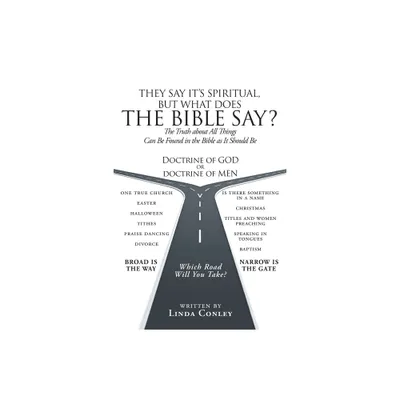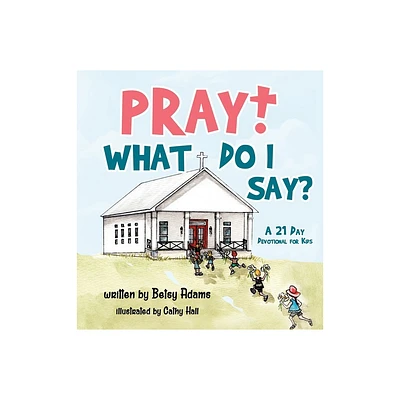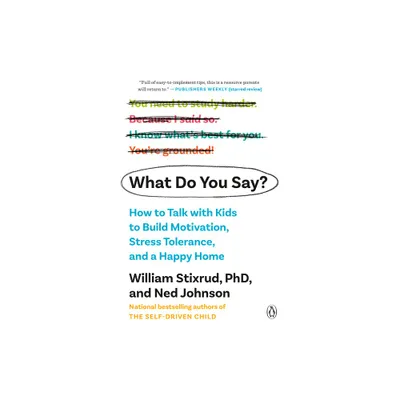Home
Marriage the Bible: What Do Texts Say?
Loading Inventory...
Barnes and Noble
Marriage the Bible: What Do Texts Say?
Current price: $32.00


Barnes and Noble
Marriage the Bible: What Do Texts Say?
Current price: $32.00
Loading Inventory...
Size: Hardcover
*Product Information may vary - to confirm product availability, pricing, and additional information please contact Barnes and Noble
Marriage in the Bible: What
Do
the Texts
Say
?
is an honest engagement with the relevant passages in the two primary Testaments of the Christian Bible. Rather than making the Bible confirm a specific stance on marriage, the author invites her readers to be honest about what these biblical stories, laws, commands, and sayings meant in their original contexts. In doing this, the author engages the conflicting messages about biblical marriage from such figures as Jesus, St. Paul, and St. Augustine. The first part of the book addresses four passages that many people believe defines “biblical marriage” as being intended for procreation, only between a man and a woman, anti-divorce, and holy or sacred. While these passages quoted out of context may be read to mean these things, when read in context the first two are not even talking about marriage, and the latter two assert that wives should be fearfully submissive to their husbands and show Jesus affirming a non-binary gender and non-hetero sex, among other things. The reader then gets a crash course on what marriages in the Bible actually look like, including additional content from Jesus and Paul that is anything but positive about marriage. The final section of the book highlights several of the themes in the Bible that are still alive and well, today, themes that have an impact on relational and social expectations of men and women, though most detrimentally for women. What might be most surprising are the insights in the final chapter, inviting people to take a fresh look at select moments for Jesus and Paul.
Marriage in the Bible
invites its reader to take these passages and their messages seriously, to consider the ways they influence beliefs and behaviors, and to decide if marriage as it is presented in the Bible is helpful and healthful for people today.
Do
the Texts
Say
?
is an honest engagement with the relevant passages in the two primary Testaments of the Christian Bible. Rather than making the Bible confirm a specific stance on marriage, the author invites her readers to be honest about what these biblical stories, laws, commands, and sayings meant in their original contexts. In doing this, the author engages the conflicting messages about biblical marriage from such figures as Jesus, St. Paul, and St. Augustine. The first part of the book addresses four passages that many people believe defines “biblical marriage” as being intended for procreation, only between a man and a woman, anti-divorce, and holy or sacred. While these passages quoted out of context may be read to mean these things, when read in context the first two are not even talking about marriage, and the latter two assert that wives should be fearfully submissive to their husbands and show Jesus affirming a non-binary gender and non-hetero sex, among other things. The reader then gets a crash course on what marriages in the Bible actually look like, including additional content from Jesus and Paul that is anything but positive about marriage. The final section of the book highlights several of the themes in the Bible that are still alive and well, today, themes that have an impact on relational and social expectations of men and women, though most detrimentally for women. What might be most surprising are the insights in the final chapter, inviting people to take a fresh look at select moments for Jesus and Paul.
Marriage in the Bible
invites its reader to take these passages and their messages seriously, to consider the ways they influence beliefs and behaviors, and to decide if marriage as it is presented in the Bible is helpful and healthful for people today.


















